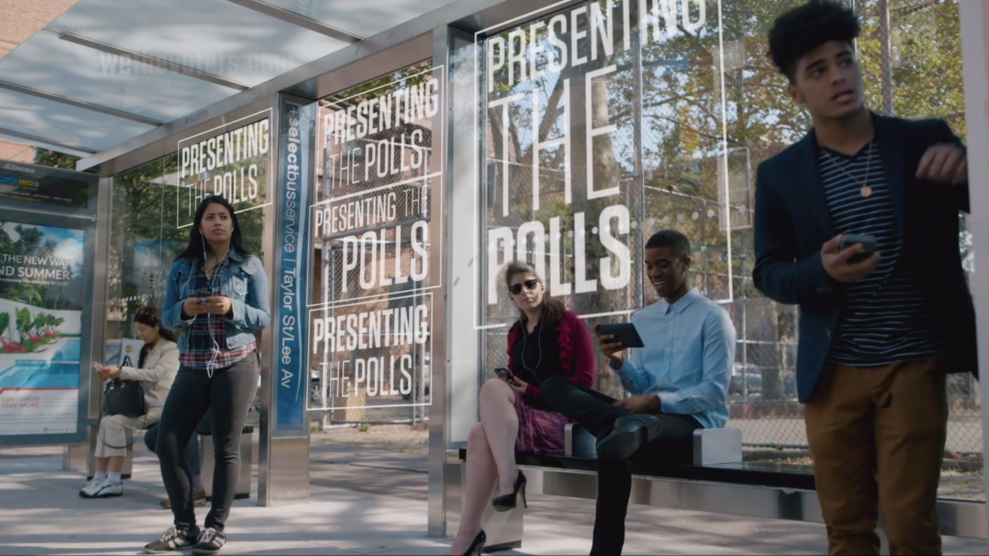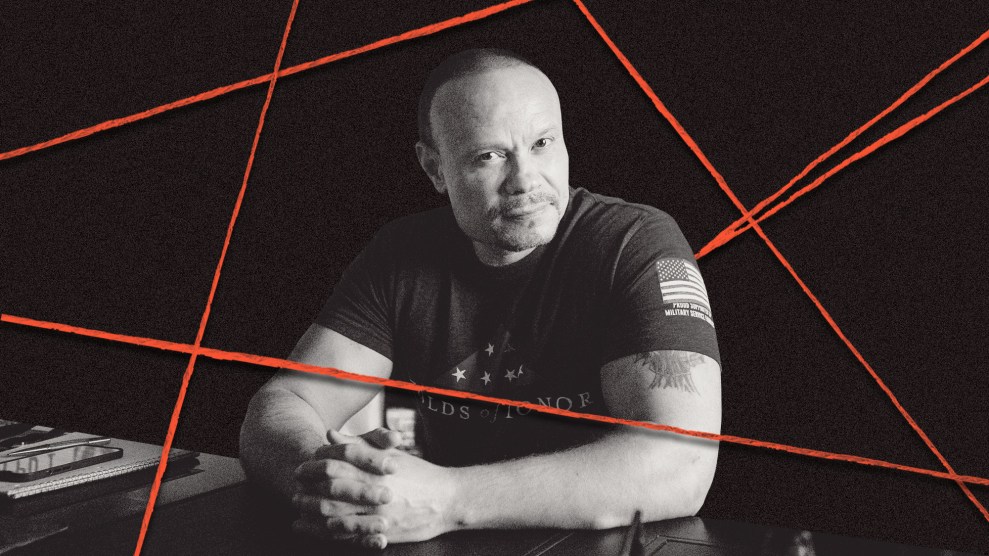About 60 percent of Americans now get news through social media, according to the Pew Research Center, up from nearly 50 percent in 2012. Facebook is the most widely used platform, and it also leads the pack in terms of getting news to its users: two-thirds of Facebook users said they sought news on the site, Pew found.
But this could be introducing a big, hidden problem, especially during an election year. In May, the Wall Street Journal launched Blue Feed, Red Feed, an interactive that demonstrates just how different your Facebook feed can be depending on your political views. You can pick a topic, such as ISIS, or a public figure, like Hillary Clinton or Donald Trump, and then see the kinds of posts you get, depending on how Facebook sees you. If Facebook classifies you as either very liberal or very conservative, it’s likely that you’ll only see news stories from outlets with similar political leanings. And you’re far less likely to see opposing or contradictory views. (You can actually find out how Facebook classifies you politically here.)
You live in a bubble. We all do. So how do you pop it?
In this latest installment from We the Voters web video series, we hear from several top media critics on how to tackle this problem. One of the most important takeaways is understanding how social media works: Unless you’re actively taking control of your feed, social platforms are designed to keep feeding you what you like. And when that happens, you can find yourself in an echo chamber with increasingly extreme voices—a phenomenon that WNYC’s Brooke Gladstone calls “incestuous amplification.”
“If you are in an echo chamber where you’re only speaking to like-minded people, it tends to heighten the extreme voices and marginalize the moderate ones,” Gladstone says. “It’s creating an atmosphere that’s incredibly intolerant online.”
But, all is not lost: Pew reports that most social-media users who consider their feeds one-sided actually crave alternate points of view. So what can you do to ensure you’re not stuck hearing the same voices again and again? The key is recognizing that it’s your responsibility to curate your own news feed.
Some tips from the commentators:
- Try reading something you violently disagree with once a week, or checking a news source that’s completely different from what you usually read.
- Find “deputy curators” who are experts in areas that you care about and see what they’re suggesting you read. Click a little further to read sources that aren’t your usual go-to’s.
- Go past the headlines to read the full story.
- Think before you retweet—is it worth it to amplify an extreme or hateful voice?
Stay tuned for more from We the Voters, a new digital, nonpartisan campaign to inform voters of key issues this election season.

















